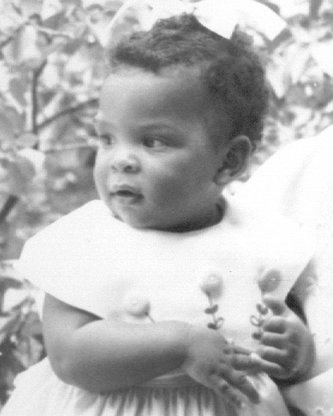By Eugene Robinson
Friday, September 7, 2007; A21
If I were an iPhone owner, I'd be hopping mad. I'd be iRate.
Just 10 weeks ago, otherwise sane individuals were camping overnight in long lines for the privilege of paying $599 for a mobile phone. These people were fully aware that most wireless companies will give you a basic phone for free, but the object of their ardor was anything but basic. It was a lifestyle choice. It was an advertisement for oneself. It was a shiny little slice of the future, a thin slab of cool. So what if it cost, gulp, 600 bucks? How could anyone get hung up over anything so prosaic as the price?
But when chief executive Steve Jobs announced Wednesday that Apple was slashing the iPhone's price by a third -- meaning that owning a slice of the future now sets you back only $399 -- the iPhone Internet forums lit up with buyers who felt they'd been taken for chumps.
On the everythingiPhone forum, someone with the screen name "Silverado" posted: "So much for a consumer-oriented company. This was my first Apple product and it will be my last." And on the macrumors site, "mac17" wrote that he intended to e-mail Jobs a harangue that begins, "As a loyal Apple customer I feel like I and other iPhone customers are being treated like dirt."
Jobs didn't go out of his way to make them feel any better. "That's technology," he told USA Today. "If they bought it this morning, they should go back to where they bought it and talk to them. If they bought it a month ago, well, that's what happens in technology." Stung by the reaction, he did offer Thursday to give early buyers a $100 store credit -- but no cash refund.
Still, you've got to hand it to the man for knowing his customer base. Better than anyone else in the silicon-based industries, Jobs understands that people adopt new technology not so much because of what it does but because of what it promises. And he understands that as long as you promise something that no iWhatever can possibly deliver -- a changed life, basically -- then you can keep the customers coming back.
What the iPhone does is package a lot of functions into one sleek device -- telephone, music, e-mail, Web browsing, photos. What it promises is that it will simplify and unclutter your life. We go through each day being bombarded with inputs from every direction; we're always having to come up with data -- phone numbers, e-mail addresses -- that we've left somewhere else, on some other machine; we leave the laptop home and wish we'd taken it, or we lug it around all day without using it. Here, according to the promise, is an elegant little machine that can serve as portal, organizer, window on the world. Here, we're promised, is control.
The few people I know who own iPhones seem to love them, but they haven't reported a marked improvement in the quality of their lives. They still have too much work to do and too little time; they still can't quite find that one piece of information they need right now. But, hey, maybe the next-generation iPhone will do the trick -- and you know that Jobs has one on the drawing board.
The fact is that in terms of miniaturization and number of features, some gadgets are already reaching their practical limits. I have big fingers; there is no way I could possibly thumb out an e-mail on a keyboard smaller than the one on my BlackBerry. The same physical limitation applies to cellphone keypads. And a 10-megapixel digital camera is no better for taking family snapshots than one that shoots a mere six megapixels.
Occasionally, there's a real breakthrough. But mostly what we're getting from the purveyors of electronic devices are incremental advances and improved packaging. Jobs was quick to realize that you have to sell image along with the gizmo.
This time, though, he has failed to live up to one clause in his implied contract with iPhone buyers. The sky-high price was supposed to guarantee a decent period of exclusivity. For a time, if you bought an iPhone, you were supposed to be the envy of your friends. The ability to show off all the neat things it could do was your compensation for the fact that the iPhone didn't really change your life.
Eventually, you understood, everybody would have one -- as happened with the iPod. But after spending $599 for a cellphone, the aura of supercool should have lasted longer than a couple of months.
Sorry if you feel cheated. As the man said, that's technology.

No comments:
Post a Comment